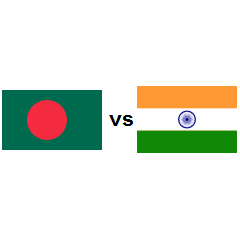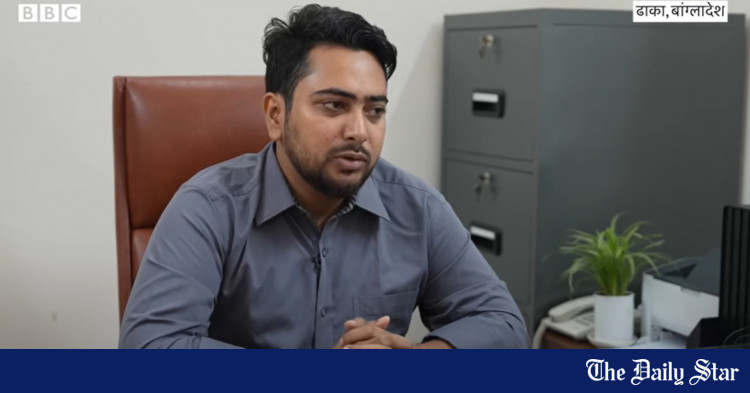India hasn't been able to accept the fall of Hasina's govt: Badruddin Umar
Staff Correspondent
Dhaka
Published: 19 Oct 2024, 22: 51
Badruddin UmarFile photo
Badruddin Umar, a writer, researcher, politician, and president of the Jatiya Mukti Council, said India has not been able to accept the fall of Sheikh Hasina's government.
He stated that this is due to deteriorating relationships India has with all its neighbours, with only Bangladesh being treated as a subordinate state. Now this subordinate state has slipped out of India's hands.
During a discussion titled "July Mass Uprising: We Want Power in the Hands of the People, a People's Government, Constitution, and State," held at the National Press Club on Saturday, Umar pointed out that India has done what was necessary to keep Sheikh Hasina in power. The Jatiya Mukti Council organised it.
He noted that India feels uncomfortable providing her refuge and attempted to place her elsewhere, but ended up retaining her when no other country would take her.
Umar remarked that the Awami League has completely collapsed. He expressed disbelief in the possibility of the Awami League returning to power, comparing its current state to the demise of the Muslim League in 1954.
He described the recent mass uprising as the most extensive, profound, and aggressive since the events of 1952. Umar attributed this to unprecedented levels of oppression and torture over the last 15 and half years, which have turned elections into a farce. While there was public discontent, there was no opportunity for protest.
Regarding the term "second independence" being used for the changes resulting from the uprising, Umar dismissed it as absurd. He asserted that Bangladesh gained independence in 1971, and this uprising did not create a new state.
Umar also talked about the destruction of Sheikh Mujibur Rahman's statues and the burning of his home after Sheikh Hasina’s flight in the face of the uprising.
He referred a recent article by Mahfuz Anam, editor of the Daily Star, which argued that it is inappropriate to associate Sheikh Mujib with Sheikh Hasina's misrule.
Umar countered that it was Sheikh Hasina who has linked everything back to her father, including propaganda against him, leading to protests that were not solely against Hasina's government but also against Mujib.
He supported the cancellation of holidays on significant days, such as 15 August and 7 March, questioning why 15 August should remain a holiday.
He mentioned that there are no holidays in honour of leaders like Indira Gandhi and Abraham Lincoln, who were assassinated.
Umar raised questions about calling Sheikh Mujibur Rahman the "Father of the Nation," noting that the people of this country have twice voted against him. He pointed out that no one came out in his defense after his assassination on 15 August 1975.
He called for an assessment of what Sheikh Mujib accomplished in the three and a half years after independence, asserting that his true identity was revealed only when he was in power. Umar highlighted the recent public actions against Mujib's statues as a verdict against him.
Regarding the interim government led by Muhammad Yunus, Umar argued that it did not just appear all of a sudden. It was a response to the power vacuum created after Hasina's government was ousted.
He stated that without this government, the only alternative would have been military rule, questioning whether those criticizing the interim government would prefer military rule instead.
Umar advocated for a new constitution that aligns with current realities, noting the limitations of the interim government. He remarked that the class benefiting from Sheikh Hasina’s rule still exists and mentioned that both the BNP and Jamaat-e-Islami are political parties representing that class.
He expressed skepticism that the current government could bring about change in the people's conditions, stating that even if the BNP were elected, they would not have solved all problems. He emphasized that true equality cannot be achieved without class struggle.
Umar pointed out that the current government has failed to control rising commodity prices, suggesting that rationing is the only viable solution.
He criticized attempts to end student politics in educational institutions as "madness," asserting that the political violence practiced by the Awami League must cease.
Other leaders of the Jatiya Mukti Council including its secretary Faizul Hakim, also spoke at the event.









































